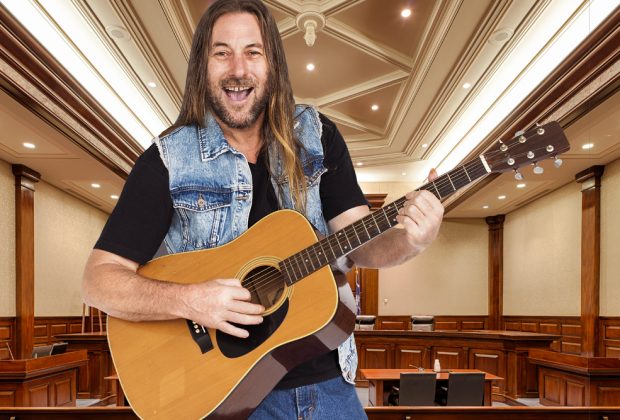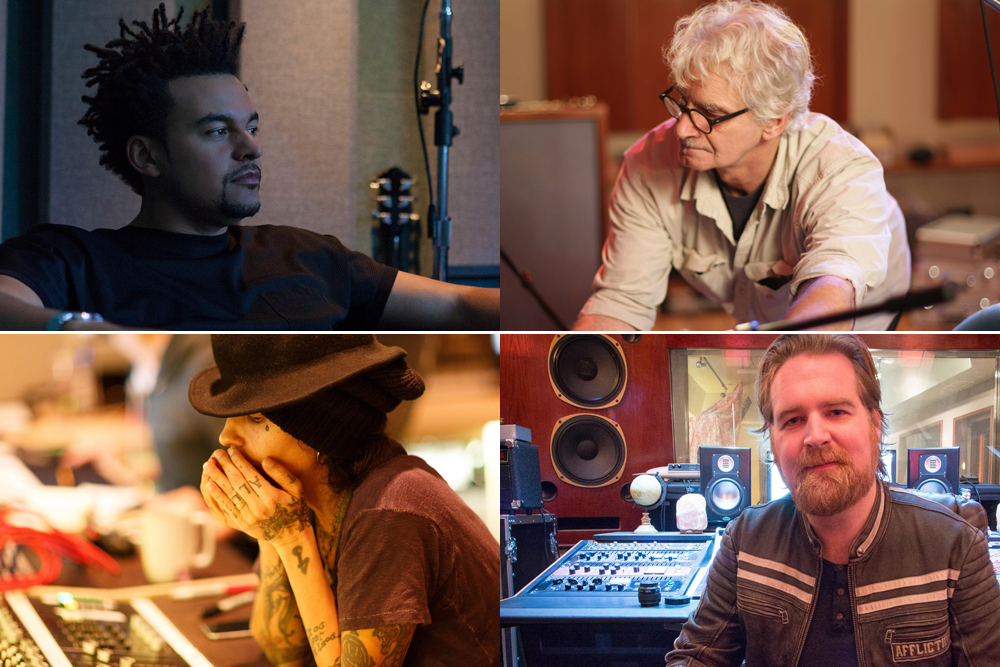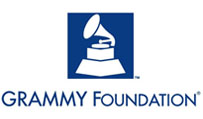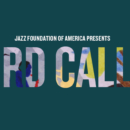Litigation refers to a legal proceeding in a court to enforce or defend a particular right. This article will discuss things you should know if you are involved in litigation. Each state has it owns law, rules and procedures. For this article, I will discuss California law. Music industry disputes may involve claims such as copyright infringement, breach of a recording or publishing contract, or an effort to terminate a management agreement. They are handled by the courts, like any other business dispute, although the press may be interested if it is a high-profile case (for instance, the “Blurred Lines” lawsuit filed by the Marvin Gaye estate case against Robin Thicke and Pharrell).
1. WHERE TO FILE A LAWSUIT: In California most music industry disputes are filed in State Superior Court or Federal District Court. However, individuals can sue for up to $10,000 in Small Claims Court, while corporations and other entities can only sue for up to $5,000. There are federal and state courts in every state. A case must be filed in the correct court having jurisdiction and venue. Subject matter Jurisdiction is the power of a court to hear particular types of cases relating to a specific subject matter. Personal jurisdiction is the power of a court over the parties in the case. Venue refers to the proper place (county or judicial district) to file a lawsuit. Federal courts have Subject matter Jurisdiction of certain disputes, such as copyright infringement cases or cases involving citizens of different states.
2. WHEN TO FILE A LAWSUIT: There are various deadlines to file a lawsuit called “Statutes of Limitation.” If you don’t comply with them you may lose your right to pursue your claim in court.
3. THE COMPLAINT: Lawsuits are commenced by filing a complaint, which is a written statement explaining your claim. Each type of claim (“Cause of Action”) is stated separately. For instance, you could have separate Causes of Action for Breach of Contract, Fraud and Negligence. The complaint also has a “Prayer” at the end, which states the relief you are seeking, such as money or an injunction.
4. SERVING A LAWSUIT The first step after a lawsuit is filed is to “serve” the defendants. This means giving the defendants notice of the lawsuit. This is done by serving a copy of the summons and complaint by various authorized means, such as personally handing it to the defendant or serving the agent for service of process of a corporation. There are many disputes about whether a defendant has been properly served.
5. RESPONDING TO A LAWSUIT: If you are served with a lawsuit you must timely respond. In California, you generally have 30 days to respond to a complaint, although the Plaintiff’s attorneys may agree to give more time to a defendant. If you don’t timely respond to the complaint, your default can be taken, meaning you can no longer respond and a judgment can be entered against you. A party can respond to a lawsuit by filing an “Answer,” which will deny some or all of the allegations of the complaint, or by objecting to the complaint by filing a demurrer or a motion to strike. A demurrer is filed when, even if all the allegations of the complaint are true, there is a legal reason why the Plaintiff cannot prevail. A motion to strike is filed when there is improper matter in the complaint.
6. DISCOVERY: During the pendency of a lawsuit the parties can investigate the claims or defenses. Formal discovery is when one side serves the other side with questions to be answered by the other side (Interrogatories), requests that the other side admit certain matters (Requests for Admission), or requests that the other side produce documents (Request for Production of Documents). The parties may also hire private investigators to find information. There will be a discovery deadline for the parties to complete discovery. It is common for there to be discovery disputes between the parties, which can be resolved informally, or by filing a motion and having the judge decide it.
7. SETTLEMENT CONFERENCES: The court will meet with the parties before trial to try and settle the lawsuit. This is called a Mandatory Settlement Conference (“MSC”). At the MSC a judge will listen to each side and try to persuade the parties to settle by, for instance, discussing the stress, time, expense and uncertainty of a trial. The vast majority of cases settle without a trial.
8. TRIAL: There are court trials decided by a judge and jury trials. Sometimes in business disputes the parties may waive their right to a jury trial and have a judge hear the case. A trial can last one day or months. In big cases, the attorneys may hire jury consultants to help them choose jurors who will be favorable to their case. A trial set for a particular date can be “continued” for good cause, such as a party being in the hospital. After the trial, a decision will be made by the judge or jury and a judgment will be entered.
9. POST-TRIAL MOTIONS AND APPEAL: These are complex procedures for post-trial motions after a judgment or appealing a judgment, which are beyond the scope of this article.
Note: The above is a very general discussion of certain litigation procedures and is not intended to be legal advice for any particular lawsuit or matter. You should retain an experienced music industry litigation attorney to handle your case.
GLENN LITWAK is a veteran music and entertainment attorney based in Santa Monica, CA. He has represented Platinum-selling recording artists, Grammy-winning music producers and hit songwriters, as well as management and production companies, music publishers and independent record labels. Litwak is also a frequent speaker at music industry conferences around the country, such as South by Southwest, the Billboard Music in Film and TV Conference and the New Music Seminar. Check out his website at glennlitwak.com.














